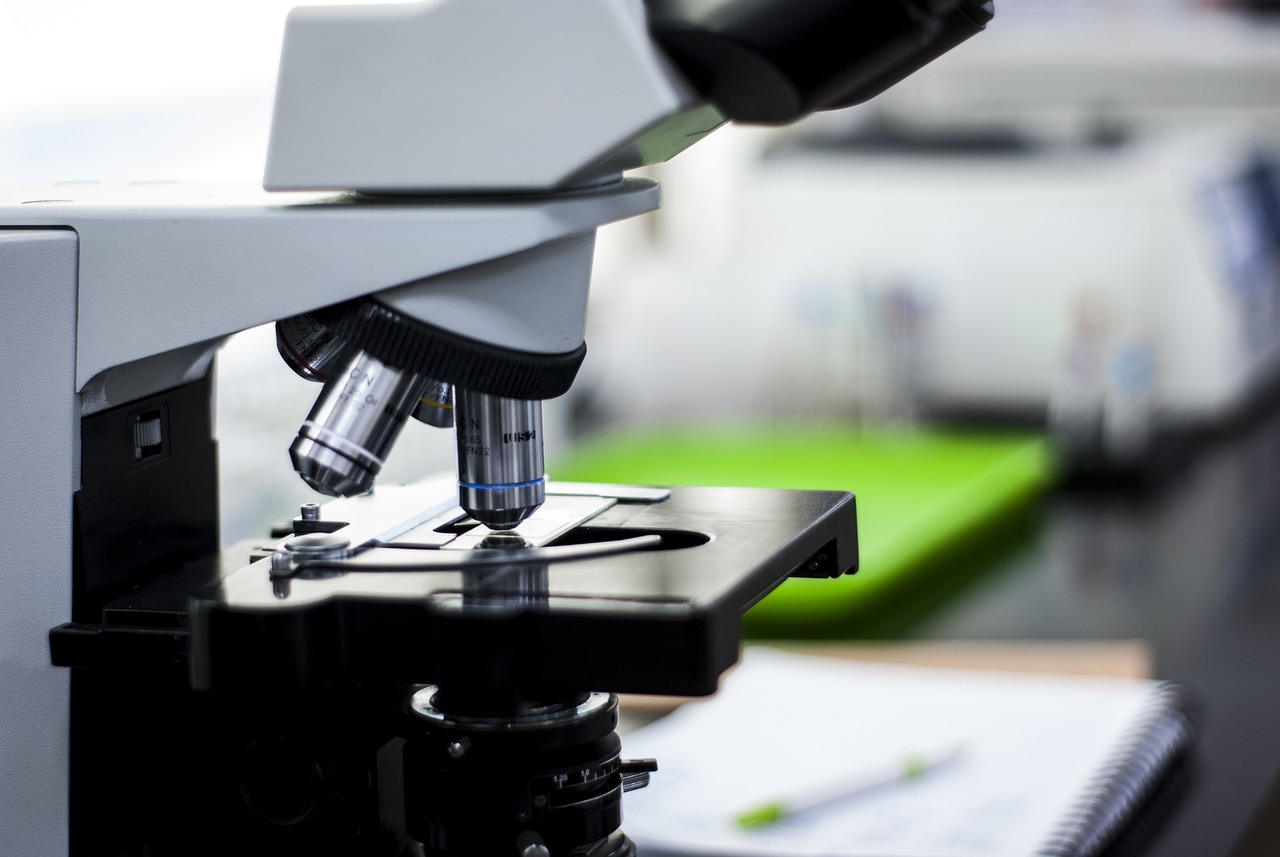Introduction
Biotechnology is transforming modern medicine by providing innovative solutions for diagnosing, treating, and preventing diseases. From genetic engineering to personalized medicine, biotechnology is revolutionizing healthcare and improving patient outcomes. In this blog post, we’ll explore the role of biotechnology in modern medicine, its applications, and the future of biotech in healthcare.
Applications of Biotechnology in Medicine
1. Genetic Engineering and Gene Therapy
Genetic engineering and gene therapy involve modifying genes to treat or prevent diseases. These techniques offer the potential to cure genetic disorders and provide targeted treatments for various conditions.
Example
- CRISPR-Cas9: The CRISPR-Cas9 gene-editing technology allows scientists to precisely edit genes, offering potential treatments for genetic disorders like cystic fibrosis and sickle cell anemia.
2. Personalized Medicine
Personalized medicine tailors treatments to individual patients based on their genetic makeup, lifestyle, and environment. This approach aims to provide more effective and targeted therapies.
Example
- Pharmacogenomics: Pharmacogenomics studies how genes affect a person’s response to drugs, enabling the development of personalized treatment plans that minimize side effects and improve efficacy.
3. Biopharmaceuticals
Biopharmaceuticals are drugs produced using living organisms, such as bacteria, yeast, or mammalian cells. These biologics include vaccines, monoclonal antibodies, and recombinant proteins.
Example
- Monoclonal Antibodies: Monoclonal antibodies are used to treat various conditions, including cancer, autoimmune diseases, and infectious diseases. Examples include Herceptin for breast cancer and Humira for rheumatoid arthritis.
4. Regenerative Medicine
Regenerative medicine focuses on repairing or replacing damaged tissues and organs using stem cells, tissue engineering, and other techniques. This field holds promise for treating injuries, degenerative diseases, and organ failure.
Example
- Stem Cell Therapy: Stem cell therapy involves using stem cells to regenerate damaged tissues, offering potential treatments for conditions like spinal cord injuries, Parkinson’s disease, and heart disease.
5. Diagnostic Technologies
Biotechnology has led to the development of advanced diagnostic technologies that enable early detection and accurate diagnosis of diseases. These technologies include molecular diagnostics, imaging, and biosensors.
Example
- PCR Testing: Polymerase chain reaction (PCR) testing is a molecular diagnostic technique used to detect genetic material from pathogens, such as viruses and bacteria, enabling rapid and accurate diagnosis of infections.
Future of Biotechnology in Medicine
1. Advancements in Gene Editing
Continued advancements in gene editing technologies, such as CRISPR, will enable more precise and efficient genetic modifications, leading to new treatments for genetic disorders and other diseases.
Example
- Base Editing: Base editing is a newer gene-editing technique that allows for precise changes to individual DNA bases, offering potential treatments for a wide range of genetic conditions.
2. Expansion of Personalized Medicine
The integration of genomics, big data, and artificial intelligence will drive the expansion of personalized medicine, enabling more accurate predictions of disease risk and tailored treatment plans.
Example
- AI in Personalized Medicine: AI algorithms can analyze large datasets of genetic and clinical information to identify patterns and predict individual responses to treatments, improving patient outcomes.
3. Development of New Biopharmaceuticals
The development of new biopharmaceuticals, including advanced biologics and biosimilars, will provide more treatment options for various diseases, improving patient care and reducing healthcare costs.
Example
- CAR-T Cell Therapy: Chimeric antigen receptor (CAR) T-cell therapy is an innovative biopharmaceutical treatment that involves modifying a patient’s T cells to target and destroy cancer cells.
4. Advances in Regenerative Medicine
Advances in regenerative medicine, including stem cell research and tissue engineering, will lead to new therapies for repairing and replacing damaged tissues and organs, offering hope for patients with chronic conditions and injuries.
Example
- 3D Bioprinting: 3D bioprinting technology allows for the creation of complex tissue structures using bioinks made from living cells, enabling the development of custom tissue grafts and organ replacements.
5. Improved Diagnostic Tools
The development of improved diagnostic tools, such as liquid biopsies and wearable biosensors, will enable earlier detection and monitoring of diseases, leading to better patient outcomes and more effective treatments.
Example
- Liquid Biopsies: Liquid biopsies are non-invasive tests that detect cancer-related genetic mutations and biomarkers in blood samples, enabling early diagnosis and monitoring of cancer progression.
Conclusion
Biotechnology is playing a transformative role in modern medicine, offering innovative solutions for diagnosing, treating, and preventing diseases. From genetic engineering and personalized medicine to regenerative therapies and advanced diagnostics, biotechnology is revolutionizing healthcare and improving patient outcomes. As research and technology continue to advance, the future of biotechnology in medicine holds immense promise.
Call to Action
Stay updated with the latest advancements in biotechnology and medicine by subscribing to our newsletter. Have any thoughts or questions on this topic? Leave a comment below and join the discussion!




